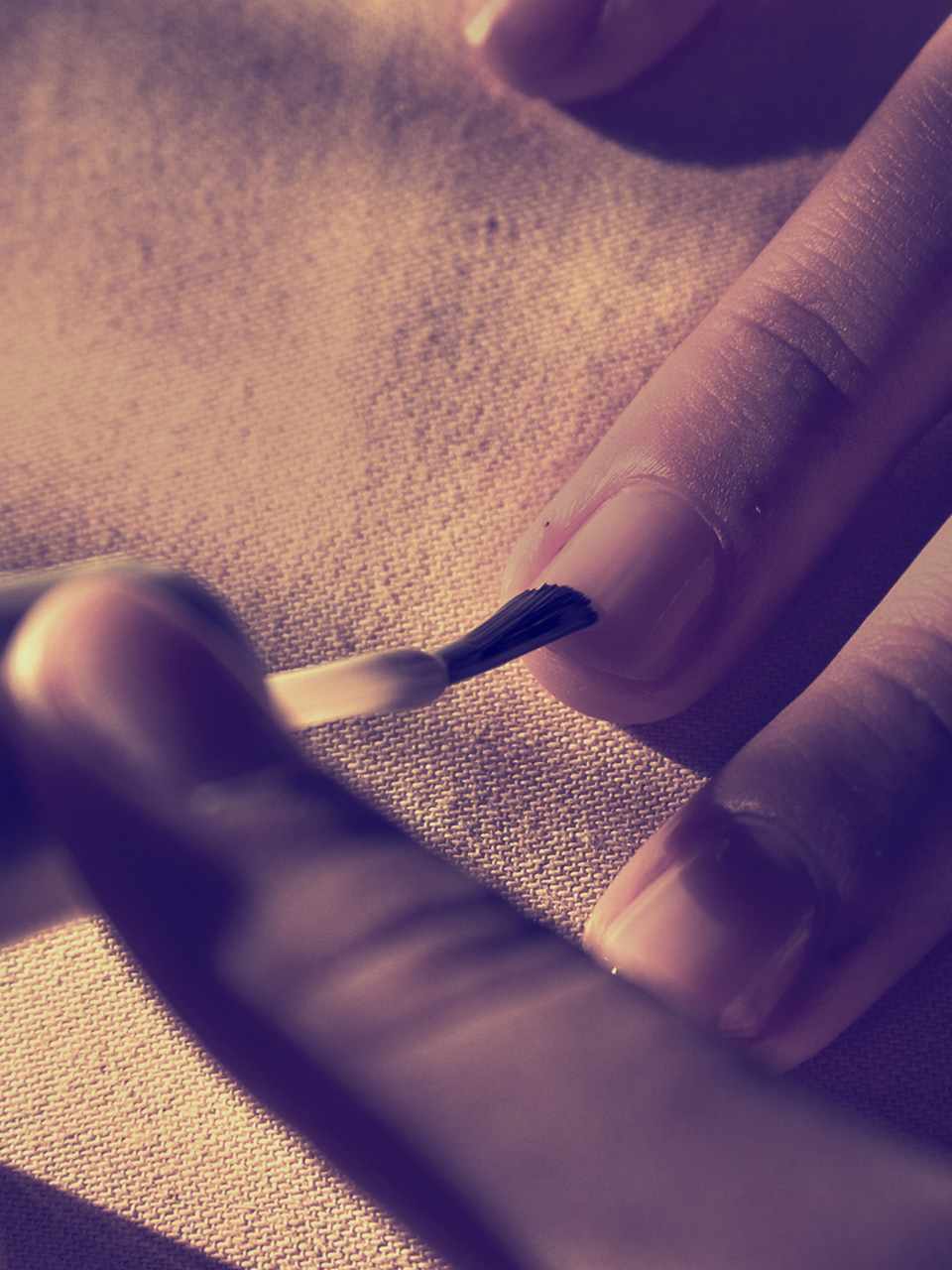
Tap to Read ➤
Psychology Behind Biting of Nails
Nail biting habit is commonly seen in children and teenagers. Here's a brief overview about the psychology of this habit.
Sonia Nair


Nail biting, which is commonly seen in kids and adolescents, is a compulsive oral habit. It is a body-focused repetitive behavior, which causes damage to the physical appearance or physical injury.

Other such habits are compulsive skin picking (dermatillomania), compulsive hair pulling (trichotillomania), compulsive skin biting (dermatophagia), and compulsive nose picking (rhinotillexomania). Nail biting is clinically known as onychophagia.

Most of the nail biters bite their nails, beyond the nail beds; and pick, bite, or chew on cuticles till they bleed. They have sore and red fingertips prone to infection. Usually, nail biters tend to hide their hands, so that nobody notices their unpleasant-looking nails. It may affect their self-esteem, as they have a constant feeling of embarrassment.

Nail Biting Prevalence

Nail biting is a habit, which starts during late childhood or early teenage years. However, there are some children, who develop this habit at a very young age. Nail biting is so prevalent, that according to some studies, around 30 to 33% of children in the age group of 7 to 10, have this habit.

Nail biting habit is not limited to children only, but teenagers, young adults and a few older adults are also found to have this habit. While some kids outgrow this habit, others carry it to adulthood and even old age.

So the prevalence of nail biting in teenagers is about 44%, whereas in young adults, it is around 20 to 30%. You may be surprised to know that, 5% of older adults also have the habit of nail biting.

Psychology of Nail Biting

Even though, nail biting is a compulsive habit, like hair pulling and nose picking; these body-focused repetitive behaviors are often misdiagnosed and not treated properly. There are various theories regarding nail biting psychology and the development of this habit. The most common explanation is that, it is a stress relief technique for nail biters.

Some theories suggest that, it is related to genetics, while others consider it as an obsessive compulsive disorder. It has also been observed that, some people bite nails due to hunger and boredom. In some kids, nail biting habit has been related to thumb sucking; but it is not necessary that all thumb suckers develop the habit of nail biting.
As these habits are now classified as body-focused repetitive behavior, it may come under the group of obsessive-compulsive disorders. However, some health experts are of the opinion that, nail biting cannot be considered as an obsessive compulsive disorder.
Studies regarding these habits are still underway. Here are some factors that are linked to the psychology of nail biting.
Genetic
One of the theories suggest that, nail biting is related to genetics. If any of the parents have this habit, the child may also develop the same. The parent may have had the habit during the childhood.
It may also happen that the parent or any other adult family member is still a nail biter. It means that, the chances of developing the habit of nail biting is much higher in such kids, as compared to their counterparts.
Stress Relief or Stimulation
It has been observed that, most of the nail biters derive some pleasure and relaxation from this habit, while under stress. Nail biting provides a soothing effect on their nerves and reduces the levels of stress. When they feel bored, this activity offers some kind of stimulation. For nail biters, the activity is like self regulation of the nervous system.
Perfectionism
Nail biting habit may arise from a person's constant efforts to fix the irregularities in nails. They may examine their nails for hours, and try to get rid of these irregularities by chewing and picking. More often, this leads to nail damage. In such cases, nail biting habit may indicate perfectionism, which is aimed at having perfect nails.
Some theories suggest that, vitamin deficiency may cause nail biting habit. However, biting nails is unhealthy, as it can transport germs from the nails to the mouth, and may cause diseases. Moreover, biting nails puts a lot of stress on the teeth.
There are various treatments meant for eliminating the habit of biting nails and skin. Medicines, like antidepressants, B vitamins and inositol, are used for this purpose. Some people find relief in behavioral therapy, which involves habit reversal training and stimulus control therapy.
While habit reversal training aims at eliminating the habit and replacing it with some constructive habit; the stimulus control therapy aims at identifying and eradicating the stimulus that triggers nail biting.
Aversion therapy is also helpful for eradicating this habit. This therapy involves different methods, like coating nails with nail polish or covering them with rubber bands, in order to prevent biting. A combination of all these options may also work wonders. In case of children, the family members must try to understand the psychology to break the habit.
Disclaimer: This piece is for informational purposes only, and should not be used as a replacement for expert medical advice.